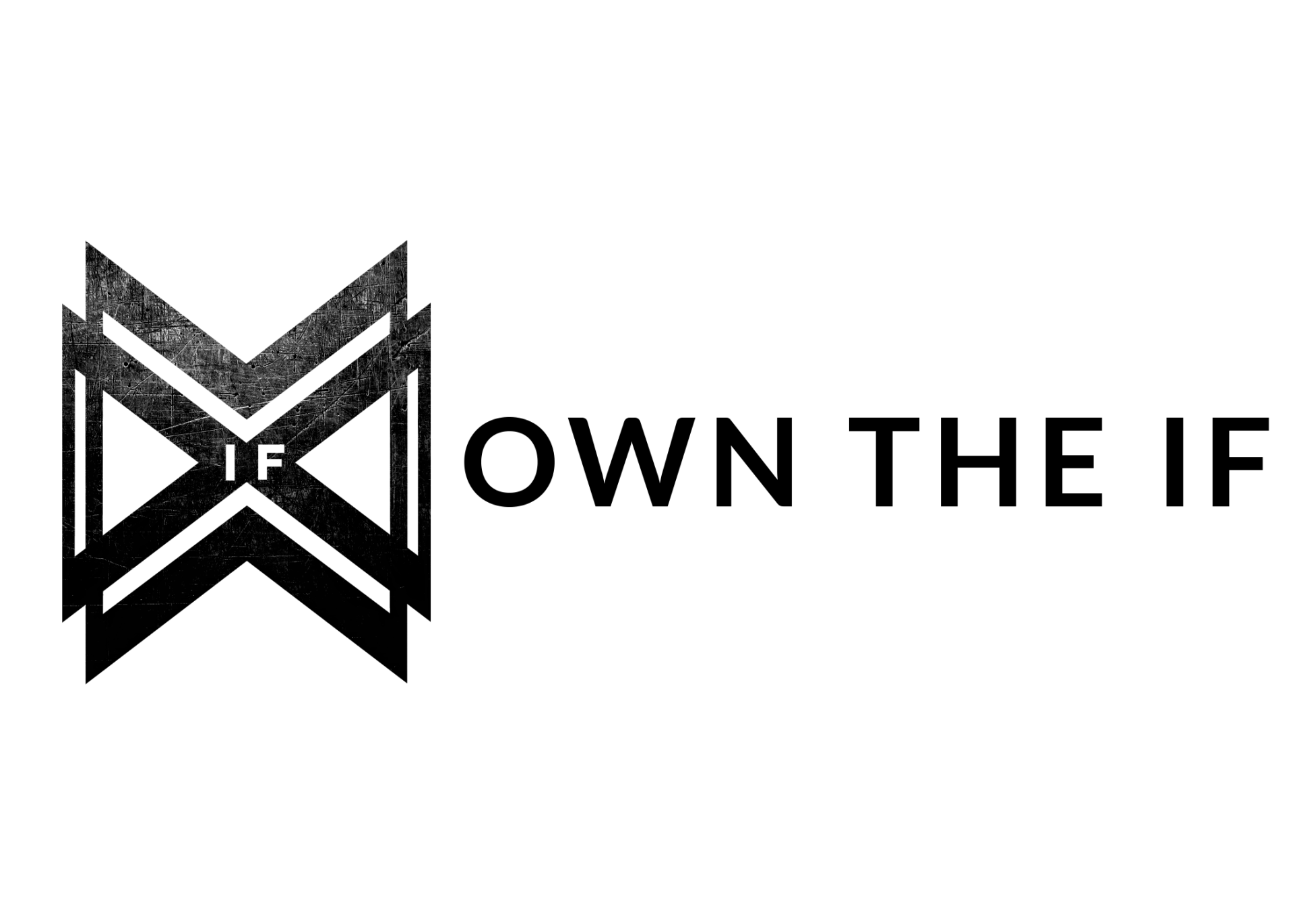Even if you’re not tossing a cap in the air this month, graduation season has a way of making you pause. It brings with it a certain reflective energy—the kind that stirs up big questions like: Where am I headed? What’s next? Who am I becoming?
Granted, those aren’t just questions for 18-year-olds. They show up for all of us—in the in-between seasons, the uncertain stretches, or those moments where you’ve been in go-mode so long you haven’t looked up in a while. Sometimes, life starts to feel like autopilot: you’re doing what needs to be done, but you’re not totally sure where it’s all going.
That’s where this week’s tactic comes in: write your future bio.
It’s not a résumé. Not a five-year plan. It’s a short, honest reflection that helps you reconnect to your North Star.
Your North Star isn’t a specific job title or a single goal. It’s the internal direction that helps you navigate life’s messiness with more intention. Sailors used the North Star for centuries—not because it moved, but because it didn’t. It stayed constant while everything else shifted. This exercise helps you find your constant. Not to lock yourself into one path—but to remember where you're going, and why.
Why It Matters: The Psychology Behind Future Self-Continuity
We all make choices in the present—but those choices are heavily shaped by how connected we feel to our future selves. That’s the foundation of future self-continuity, a concept in psychology that suggests the more vividly you can imagine and emotionally relate to your future self, the more likely you are to make wise, long-term decisions today.
When that connection is weak, we default to what’s easy now: skipping the workout, avoiding the conversation, overspending, quitting early. But when that connection is strong—when your future self feels real and relatable—you’re more likely to save money, care for your health, stay focused, and delay gratification for something better.
In a 2011 study by Hal Hershfield and colleagues, participants who saw digitally aged photos of themselves were significantly more likely to make decisions that benefited their future. Why? Because their brain stopped treating that older version of them like a stranger—and started treating them like someone worth showing up for today.
That’s what this exercise does. By writing your future bio, you create a clear picture of who you're becoming. You close the psychological distance between now and next—so your actions today begin to align with the person you’re growing into.
How It Works: Write the 10-Year Bio
Set a timer for 10 minutes. Picture yourself 10 years from now. You're being introduced to a group of people who don’t know you—but should. Your future bio is the short paragraph they read aloud to explain who you are and what you're about.
You can use these prompts to guide you:
- What are you known for?
- Who did you serve or impact?
- What values guided your decisions?
- What challenges did you overcome, and what did you learn?
- How do you show up in a room? What kind of energy do you bring?
Write it in the present or past tense—as if it already happened. That part matters more than it might seem.
Language shapes belief. When you say, “She’s known for helping people feel stronger and more grounded” or “He built a life that made space for adventure and purpose”—your brain begins to accept that as a real possibility. Writing it that way helps you start showing up for that version of yourself now, not just later.
What if you’re not the writing type? That’s okay.
You don’t have to put pen to paper if that’s not your thing. Go for a walk. Talk it out with a friend. Let the vision roll around in your head like you’re narrating your own documentary. Reflect on who you want to become and what you hope your story says—no formatting required.
That said, if you can write it down—even in bullet points or messy fragments—do it. Seeing your words on paper or screen makes the vision more concrete. It takes the abstract and turns it into something you can come back to and build on.
Finally, tailor it based on where you are now:
If you already know your North Star
Use this to check your alignment. Are your daily choices matching your deeper values? Are you still pointed in the direction you care about?
If you’re still figuring it out
Let it be a sketch, not a masterpiece. Ask what feels meaningful, even if you don’t have the full picture yet.
If you’ve felt off-track
This is your realignment moment. Life changes, goals shift—but values tend to remain. Come back to them. Course correct and then re-anchor.
Bringing It Home
You don’t need to map out your entire life. But you do need a reason to keep moving forward—especially when the road gets messy, or blurry, or overwhelming.
Your future bio can become that reason. It’s a compass, not a contract. It reminds you of what matters, even when everything around you is shifting. It’s a small act, but it gives shape to something bigger: the version of you that you’re choosing to grow into.
So whether you're discovering your direction, redefining it, or simply remembering it—this is your invitation to pause, look up, and walk forward with more intention.
Let it be bold. Let it be messy.
But most of all—let it be yours.


